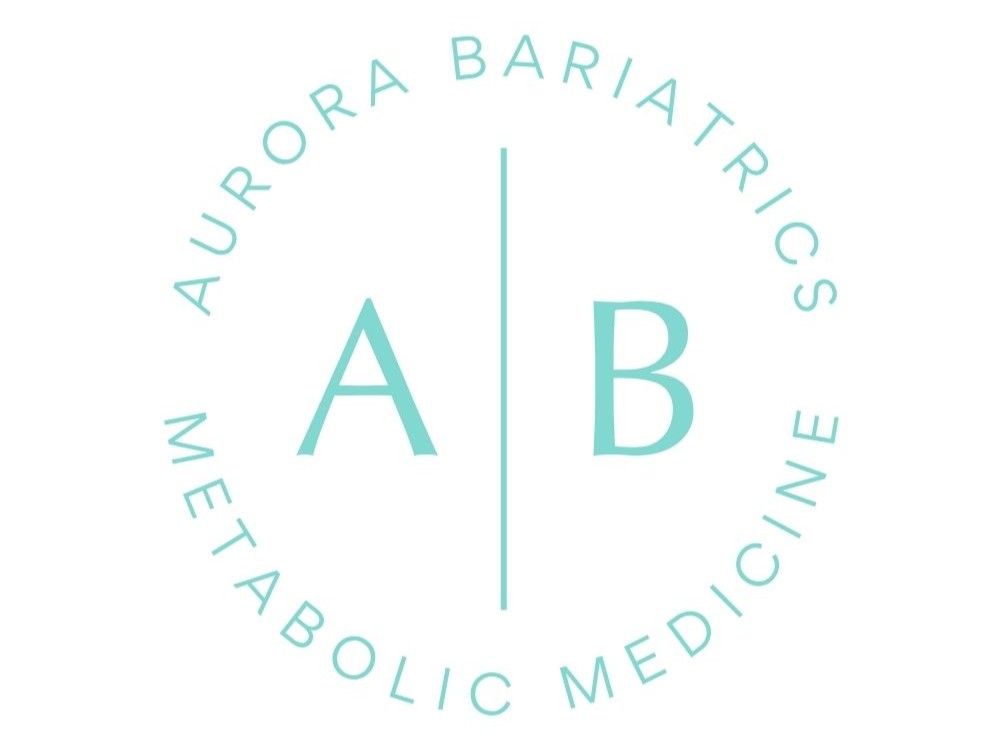Understanding Obesity
What is Obesity?
Obesity is a chronic, complex medical condition where excess body fat accumulates to a level that may negatively impact your health. It’s most commonly measured using Body Mass Index (BMI), which compares your weight to your height:
- BMI 25 to 29 = Overweight
- BMI over 30 = Obesity
However, BMI is not a perfect tool. It doesn’t account for muscle mass or fat distribution, and health risks can vary based on ethnicity. For instance, people from Asian or Indigenous backgrounds may face obesity-related health problems at lower BMI levels.
Are You Overweight?
A simple way to understand your weight category is by calculating your Body Mass Index (BMI) to estimate body fat and assess your risk for obesity-related conditions.
Use our BMI Calculator to check your score and refer to the table below to see where you sit:
| BMI Score | Category | Action Required | Health Risk |
|---|---|---|---|
| Less than 16 | Severe Thinness | Dietician | Increased |
| 16 - 17 | Moderate Thinness | Dietician | Increased |
| 17 - 18.5 | Mild Thinness | None | Low |
| 18.5 - 25 | Normal | None | Low |
| 25 - 30 | Overweight | Book | Increased |
| 30 - 35 | Obese (Class I) | Book | Moderate |
| 35 - 40 | Obese (Class II) | Book | Severe |
| 40-50 | Obese (Class III) | Book | Very Severe |
| > 50 | Super Obese | Book | Life Limiting |
* Remember: BMI is a helpful guide, but it doesn't tell the whole story. Other health factors—like waist circumference, blood pressure, and cholesterol—also matter. If you're unsure about your health risks, our team can help assess your full picture.
The Four Highs of Obesity
If your BMI is over 25, it's important to check for these indicators of metabolic risk:
- High waist circumference
- High blood pressure
- High cholesterol
- High blood sugar
These “Four Highs” are strong markers of metabolic dysfunction and significantly raise your risk of developing serious diseases.
Why Obesity Isn't Just About Willpower
Modern science confirms what many people have long known: obesity isn’t just caused by eating too much or moving too little. Instead, it results from a complex mix of factors, including:
- Genetics
- Hormonal imbalances
- Gut microbiome differences
- Medications
- Sleep disturbances
- Mental health challenges
- Chronic stress
At Aurora Bariatrics, we understand that long-term weight gain is not a personal failure. We take a compassionate, medical approach to care, helping patients navigate the real biological and environmental factors behind obesity.
Health Risks Linked to Obesity
Obesity increases your risk of a wide range of conditions, including:
- Type 2 diabetes
- Heart disease and high blood pressure
- Stroke
- Sleep apnoea
- Osteoarthritis
- Gallbladder disease
- Infertility and hormonal conditions like PCOS
- Some cancers (breast, colon, liver, endometrial, etc.)
- Anxiety, depression, and reduced quality of life
According to the Australian Bureau of Statistics, over 1,000 deaths each year are directly linked to obesity in Australia. Severe obesity is also associated with premature death and reduced life expectancy.

Why Losing Weight Matters
Effective weight loss – especially through medical or surgical approaches can lead to significant health improvements.
Take Control of Your Health
If you're struggling with your weight and health, you're not alone—and you don’t have to face it without support. At Aurora Bariatrics, our team offers expert, compassionate care that goes beyond the scale. Whether you’re exploring weight loss surgery or medication-based support, we’ll help you find the approach that’s right for you.
Take the first step toward a healthier, more fulfilling life.


